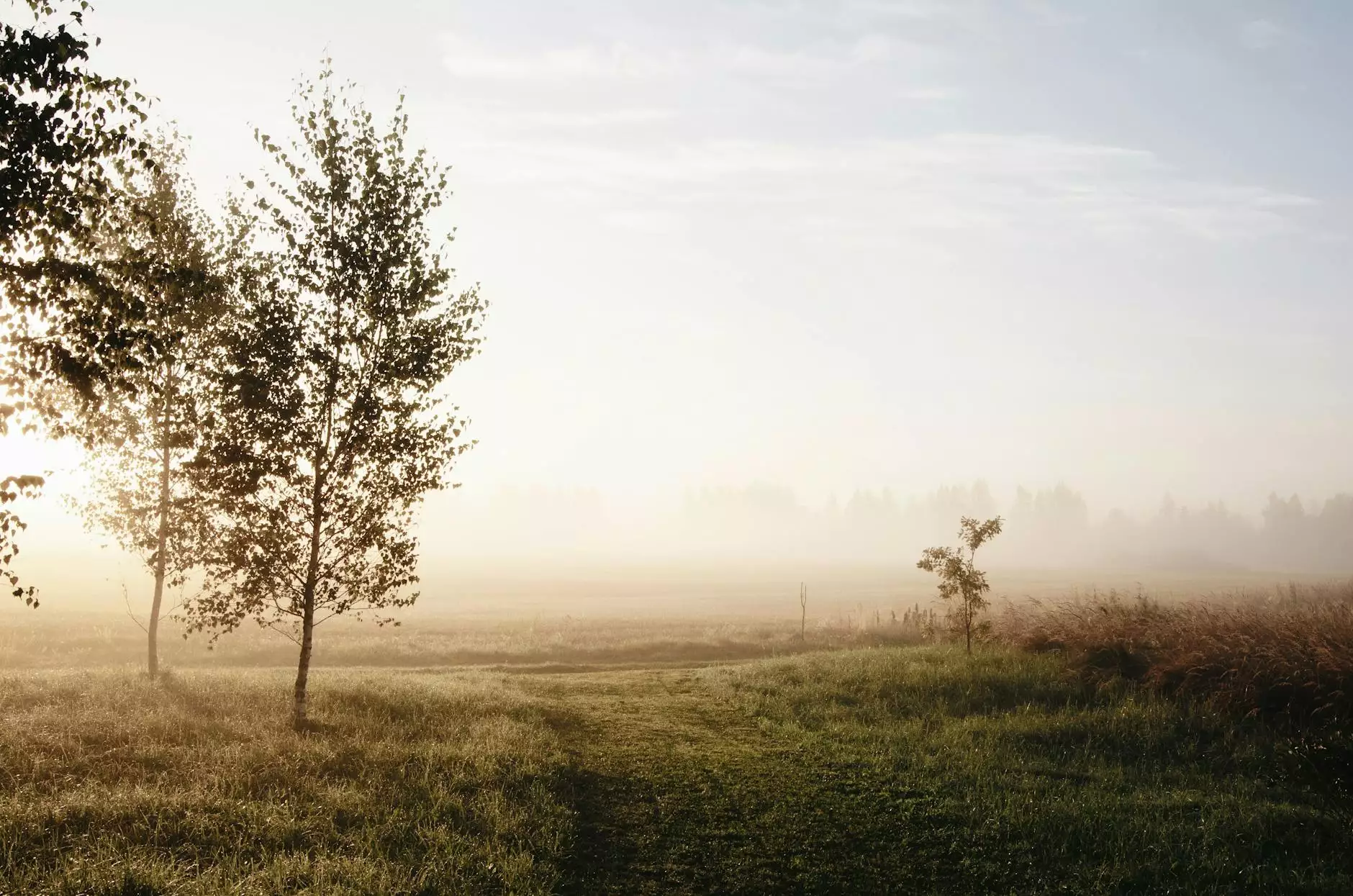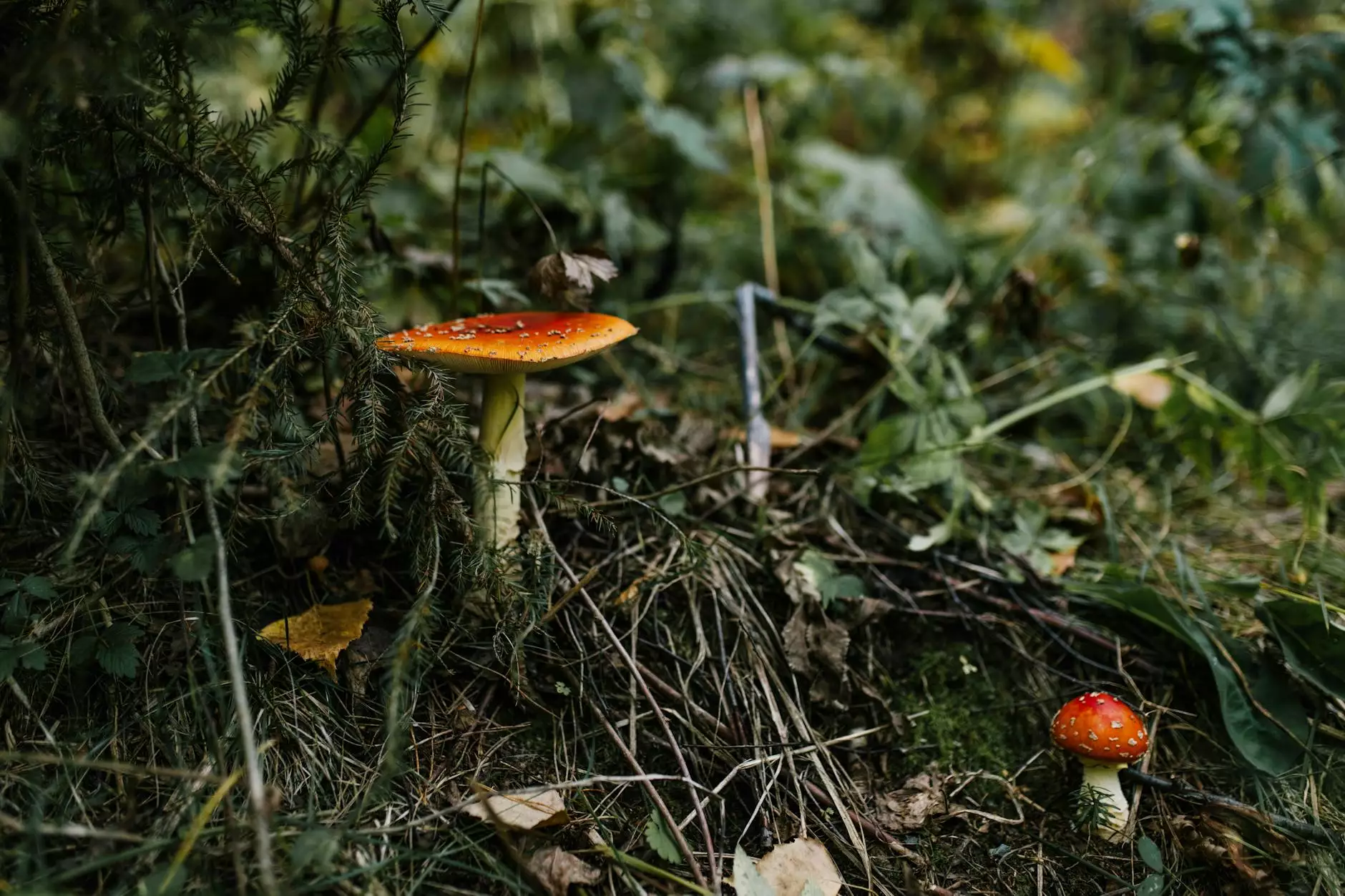Can Trees Curb Asthma Flare-Ups in Polluted Cities?
Blog
Welcome to Bowling Orthopaedics, your trusted source of valuable health information. In this article, we delve into the fascinating connection between trees and asthma flare-ups in polluted cities. As pollution levels increase in densely populated urban areas, it becomes crucial to explore nature-based solutions that can alleviate the adverse health effects, particularly for individuals suffering from asthma.
The Impact of Air Pollution on Asthma
In urban centers, air pollution is a significant concern that can exacerbate asthma symptoms. The inhalation of polluted air, filled with various harmful particles and chemicals, can trigger or intensify asthma flare-ups. Asthma is a chronic respiratory condition characterized by inflammation and narrowing of the airways, leading to breathing difficulties, wheezing, and coughing.
Studies have shown a clear correlation between higher pollution levels and increased asthma prevalence and severity. The harmful pollutants, such as nitrogen dioxide (NO2) and particulate matter (PM), can damage the respiratory system, worsening asthma symptoms and decreasing the overall quality of life for affected individuals.
The Healing Power of Trees
Amidst the urban jungle, trees stand as nature's silent healers. They possess incredible abilities to combat air pollution and enhance the quality of the air we breathe.
One of the key ways trees help mitigate the impact of pollution on respiratory health is by acting as natural filters. Their leaves and bark capture airborne pollutants, including particulate matter, ozone, and volatile organic compounds (VOCs). Through a process called dry deposition, trees help remove these harmful substances from the air, reducing their concentration and potential to trigger asthma flare-ups.
Beyond the physical filtration, trees also improve air quality by absorbing carbon dioxide (CO2) and releasing oxygen through photosynthesis. This natural phenomenon aids in reducing overall pollution levels, creating a healthier environment for asthma patients. Additionally, the shade provided by trees helps cool the air, minimizing the formation of ground-level ozone, another harmful pollutant.
The Science Behind Trees and Asthma Relief
Extensive research has been conducted on the positive impact of trees on respiratory health, particularly in polluted cities. A groundbreaking study published in the Journal of Environmental Pollution examined the association between tree cover and asthma-related hospital admissions in urban areas. The results showed that increased tree coverage was associated with a significant reduction in hospitalizations due to asthma exacerbations.
Another study conducted by the University of Exeter in the United Kingdom assessed the relationship between exposure to green spaces and asthma symptoms. The findings revealed that individuals living in areas with a higher density of trees and green vegetation experienced lower asthma symptom prevalence and better overall lung function.
These studies provide concrete evidence supporting the notion that trees play a crucial role in curbing asthma flare-ups and improving the respiratory well-being of individuals living in polluted cities.
Creating a Tree-Friendly Environment
To maximize the benefits of trees in urban environments, it is essential to prioritize tree planting initiatives, especially in areas with high pollution levels and high asthma prevalence. Collaborative efforts between city planners, policymakers, and local communities can lead to the development of green spaces and increased tree coverage, contributing to a healthier urban environment.
Implementing strategies such as urban forestry programs, tree preservation initiatives, and green infrastructure planning can go a long way in creating a more tree-friendly environment. Education and awareness campaigns can also raise public consciousness regarding the importance of trees in combating asthma flare-ups and promoting overall respiratory health.
Conclusion
As pollution continues to threaten the air we breathe, finding innovative solutions to protect respiratory health becomes imperative. The remarkable role trees play in curbing asthma flare-ups in polluted cities cannot be underestimated. Their natural air-filtering abilities, together with their capacity to absorb carbon dioxide and release oxygen, help create a healthier environment for individuals suffering from asthma.
Bowling Orthopaedics stands at the forefront of promoting holistic well-being, recognizing the significance of nature-based interventions in improving health outcomes. By investing in tree-friendly initiatives and supporting urban greening efforts, we can foster healthier communities, reduce asthma-related hospital admissions, and enhance the overall quality of life for individuals residing in polluted cities.










